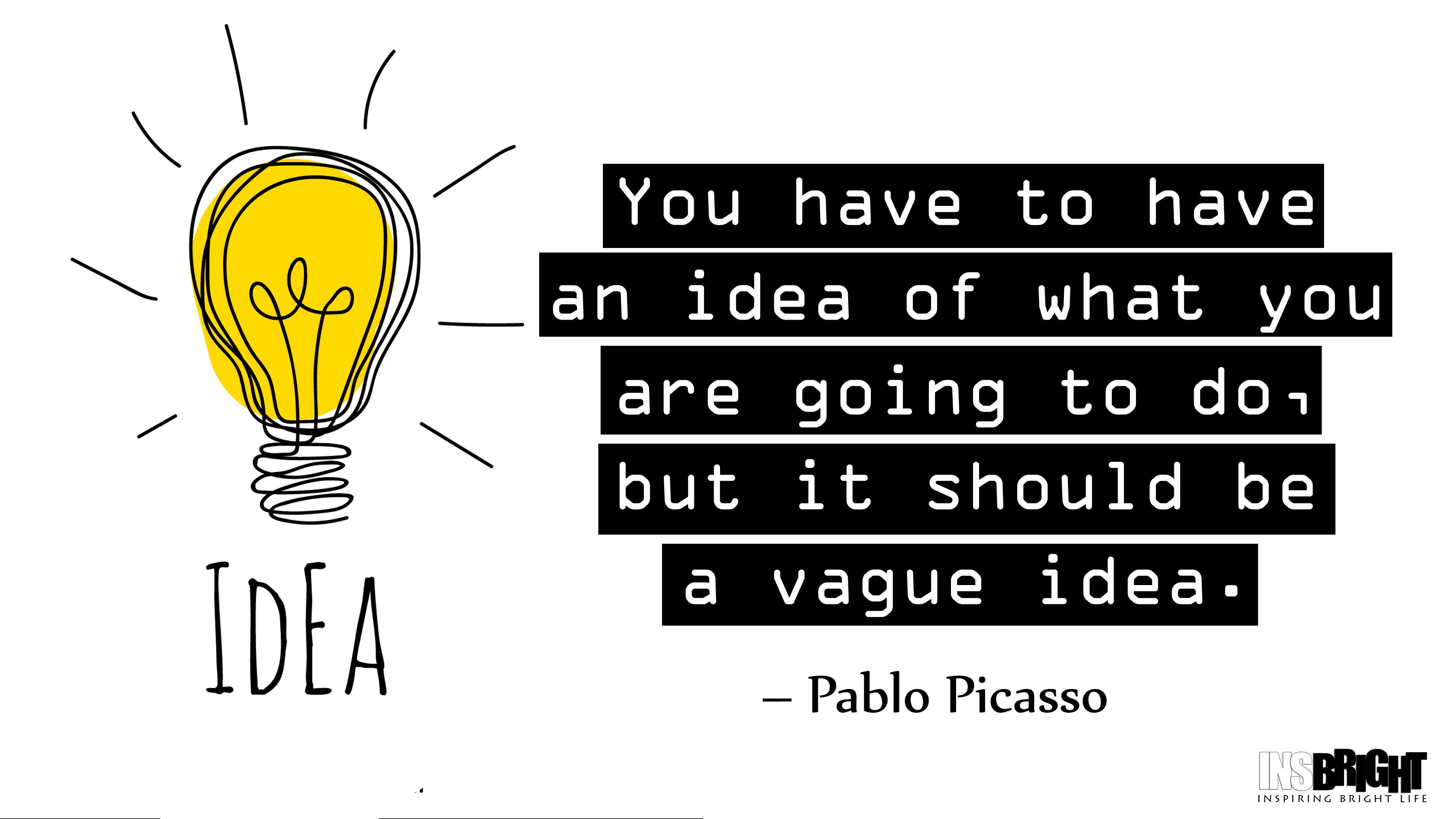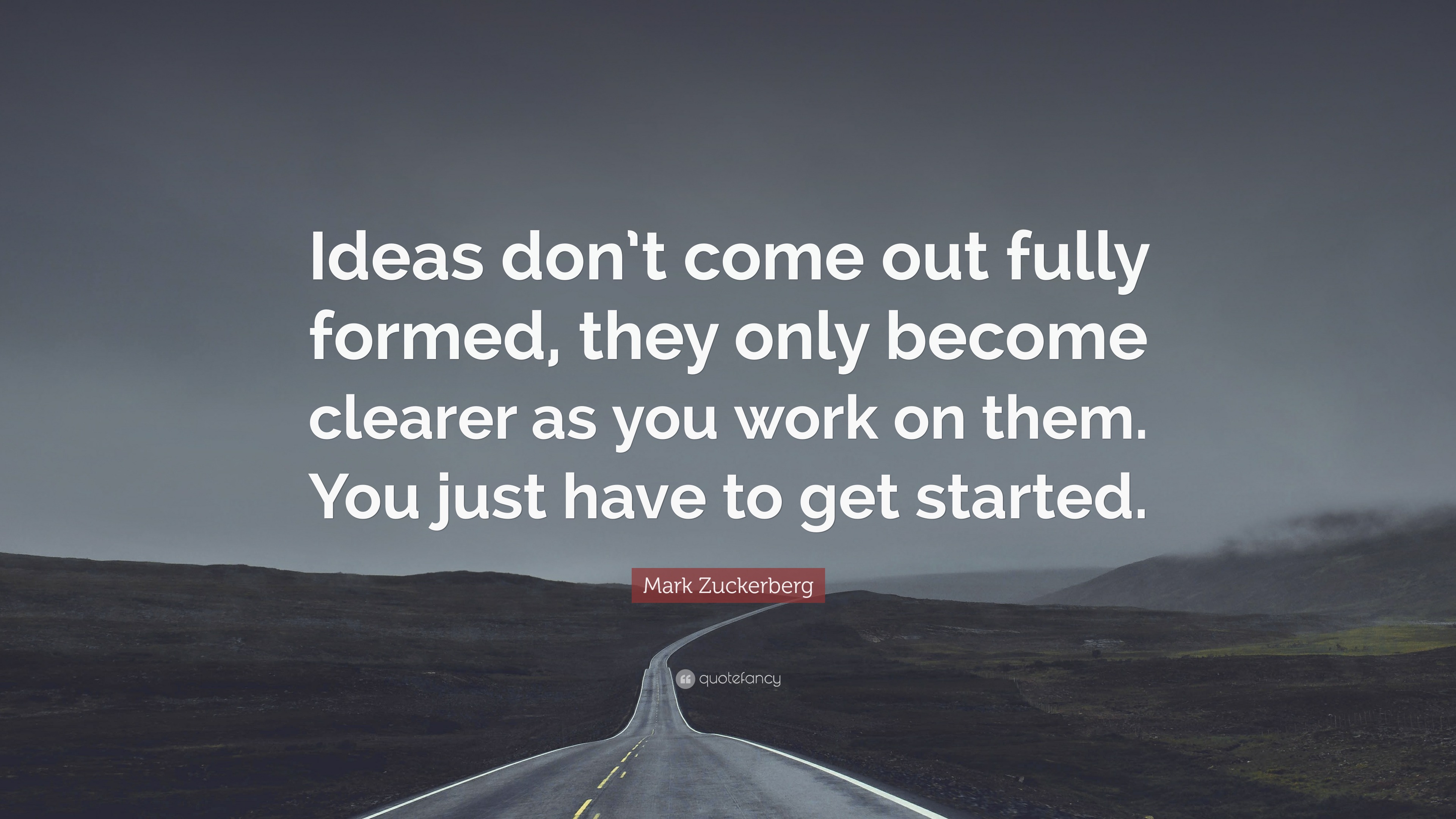I Have An Idea But Dont Know Where To Start

Aspiring entrepreneurs across the nation face a critical hurdle: a brilliant idea trapped by a lack of actionable steps. Resources are available, but navigating them can be overwhelming.
Many potential business owners possess innovative concepts but struggle with the practicalities of turning them into reality. This article explores the common challenges and available support systems designed to bridge the gap between idea and execution.
The Initial Hurdle: Overcoming Paralysis
The "I have an idea, but don't know where to start" dilemma is pervasive. A recent study by the Small Business Administration (SBA) indicates that 40% of nascent entrepreneurs cite "lack of knowledge" as a major barrier to starting a business.
This knowledge gap manifests in several key areas: market research, business planning, funding acquisition, and legal compliance. The sheer volume of information can be paralyzing, preventing individuals from taking the first crucial steps.
Essential Steps for Idea Validation
Before investing significant time and resources, validate your idea. Conduct thorough market research to determine if there's a demand for your product or service.
Utilize online tools like Google Trends and industry reports to assess market size and competition. Talk to potential customers and gather feedback on your concept through surveys and interviews.
Developing a Business Plan: Your Roadmap to Success
A well-defined business plan is essential. This document outlines your business goals, strategies, and financial projections.
It serves as a roadmap for your business and is crucial for attracting investors and securing funding. The SBA offers free templates and resources to help entrepreneurs create effective business plans.
Securing Funding: Navigating Financial Options
Access to capital is often a significant challenge. Explore various funding options, including loans, grants, and venture capital.
The SBA offers loan programs for small businesses, while organizations like the Angel Capital Association connect entrepreneurs with angel investors. Consider crowdfunding platforms as a means to raise initial capital and gauge market interest.
Leveraging Available Resources: A Path to Guidance
Numerous resources exist to support aspiring entrepreneurs. The SBA provides free counseling and training through its network of Small Business Development Centers (SBDCs).
SCORE, a non-profit organization, offers mentoring services from experienced business professionals. Local chambers of commerce and industry associations provide networking opportunities and resources specific to your industry.
The Role of Mentorship and Networking
Connect with experienced entrepreneurs and mentors. Their guidance and insights can be invaluable in navigating the challenges of starting a business.
Attend industry events and join relevant online communities. Networking can open doors to new opportunities and provide access to valuable resources.
Immediate Actions: Starting Today
The first step is often the hardest, but crucial to starting your own business. Begin by clearly defining your idea and conducting initial market research.
Schedule a consultation with a local SBDC or SCORE mentor. Develop a basic business plan outlining your goals and strategies.
Do not let the feeling of the unknown stop you! Start small, be persistent, and leverage the available resources to turn your idea into a reality.






![I Have An Idea But Dont Know Where To Start [Image - 558302] | I Have No Idea What I'm Doing | Know Your Meme](http://i1.kym-cdn.com/photos/images/original/000/558/302/be4.jpg)










